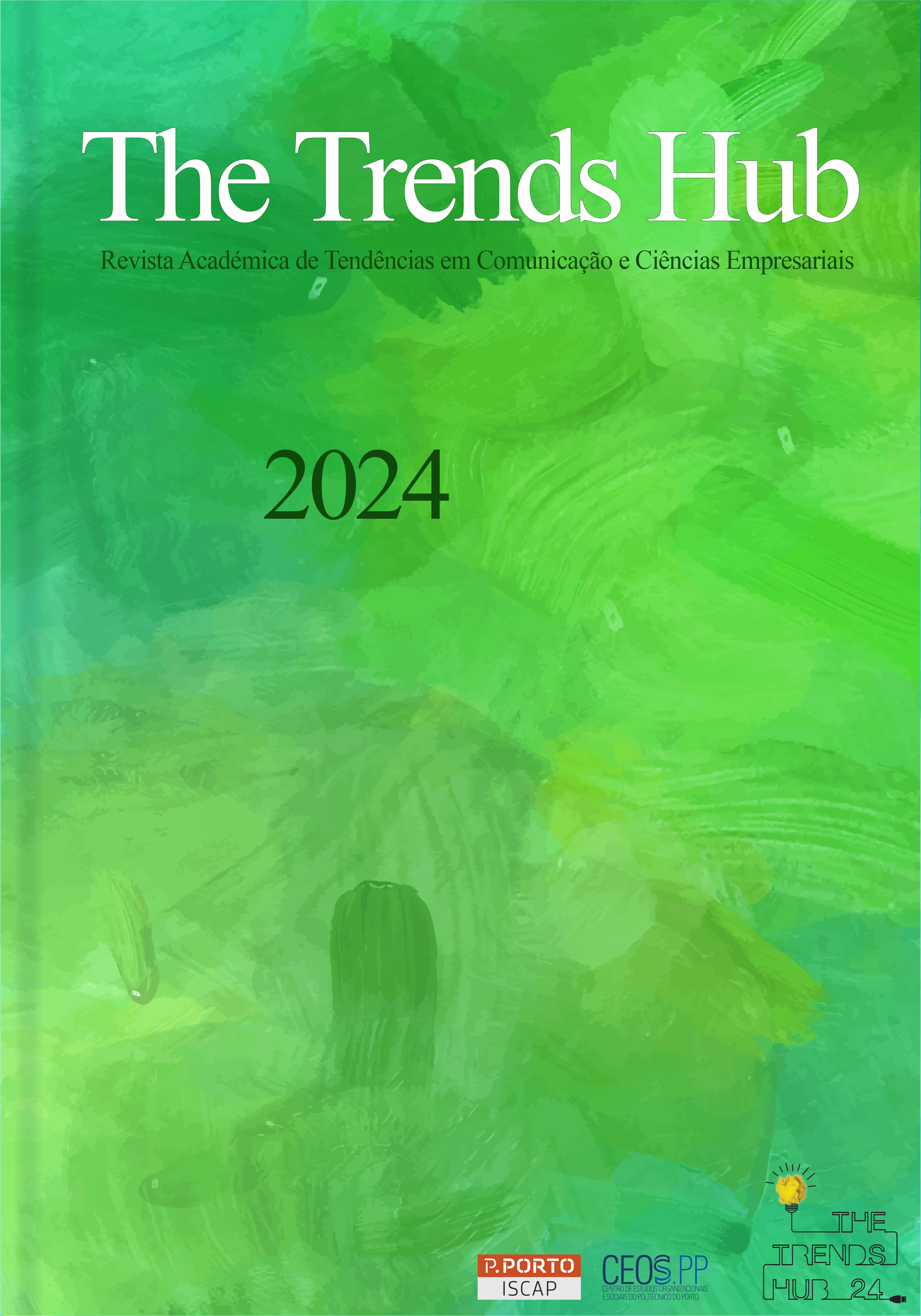Linguagem de marketing para tornar energias renováveis acessíveis a todos
DOI:
https://doi.org/10.34630/tth.vi4.5702Palavras-chave:
Marketing, energias renováveis, Comunicação, Acessibilidade, SustentabilidadeResumo
Este artigo aborda a importância da linguagem de marketing na promoção do entendimento público sobre energias renováveis, essencial para um futuro sustentável. Salienta-se a necessidade de encontrar um equilíbrio comunicativo: termos excessivamente técnicos podem desviar a atenção do público, enquanto uma simplificação extrema pode comprometer a credibilidade. Advoga-se por um meio-termo, onde termos técnicos são introduzidos progressivamente com explicações claras, tornando o complexo acessível sem perder a precisão. Este equilíbrio não só informa, mas também inspira ação, transformando a perceção pública e incentivando a participação ativa na transição energética. O texto destaca o papel crucial do marketing como ponte entre a inovação técnica e o apoio e adoção pelo público, fundamental para a difusão e aceitação das tecnologias de energias renováveis.
Referências
Darmawi, Sipahutar, R., Bernas, S. M., & Imanuddin, M. S. (2013). Renewable energy and hydropower utilization tendency worldwide.
Daugherty, T., Eastin, M. S., & Bright, L. (2013). Exploring Consumer Motivations for Creating User-Generated Content.
Dellaer, B. G. C., & Stremersch, S. (2005). Marketing Mass-Customized Products: Striking a Balance between Utility and Complexity.
Gonçalves, G., & Felippi, Â. (2014). COMUNICAÇÃO, DESENVOLVIMENTO E SUSTENTABILIDADE (Vol. 2).
Herbes, C., & Friege, C. (2017). Marketing Renewable Energy.
Higham, J. P., & Hebets, E. A. (2013). An introduction to multimodal communication.
IRENA. (2020). Global Renewables Outlook: Energy transformation 2050.
IRENA. (2021). Renewable Energy and Jobs – Annual Review 2020.
Koch, T. (2017). Again and again (and again): A repetition-frequency-model of persuasive communication.
Kotler, P., & Keller, K. L. (2016). Marketing Management.
Licsandru, T. C., & Cui, C. C. (2018). Subjective social inclusion: A conceptual critique for socially inclusive marketing.
Moraga-González, J. L., & Padrón-Fumero, N. (2002). Environmental Policy in a Green Market.
Nicolini, M., & Tavoni, M. (2017). Are renewable energy subsidies effective? Evidence from Europe.
Reddy, S., & Painuly, J. P. (2004). Diffusion of renewable energy technologies—barriers and stakeholders’ perspectives.
REN21. (2023). Relatório Global de Energias Renováveis 2023.
Robins, F. (2015). The Teaching of Marketing Strategy.
Robson, G. J. (2018). The threat of comprehensive overstimulation in modern societies.
Rubin, D. L., & Piché, G. L. (1979). Development in Syntactic and Strategic Aspects of Audience Adaptation Skills in Written Persuasive Communication.
Sweller, J., & Chandler, P. (2009). Why Some Material Is Difficult to Learn.
Wiser, R. H. (2010). Green power marketing: increasing customer demand for renewable energy.
Downloads
Publicado
Como Citar
Edição
Secção
Licença
Direitos de Autor (c) 2024 The Trends Hub

Este trabalho encontra-se publicado com a Licença Internacional Creative Commons Atribuição-NãoComercial-SemDerivações 4.0.


